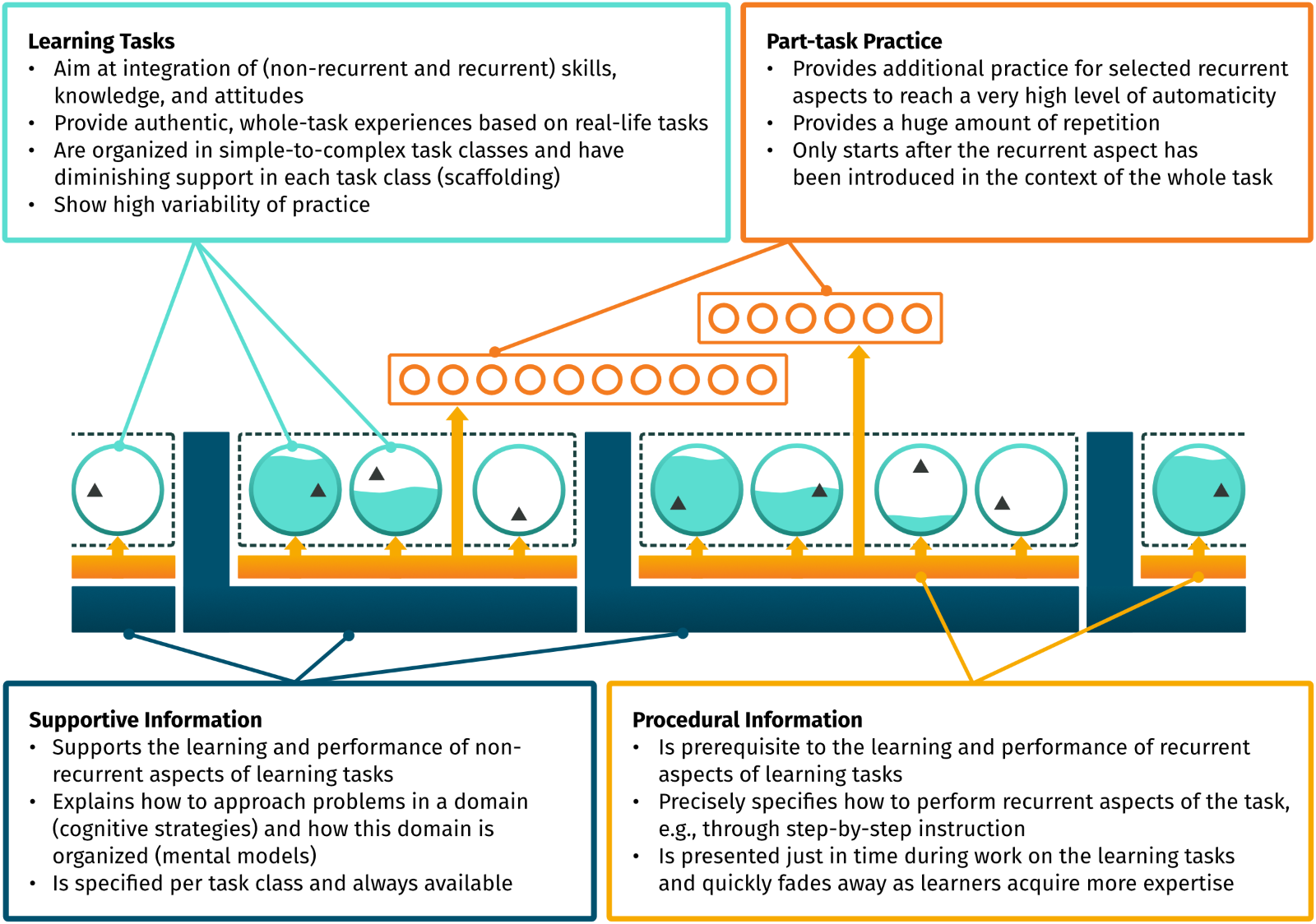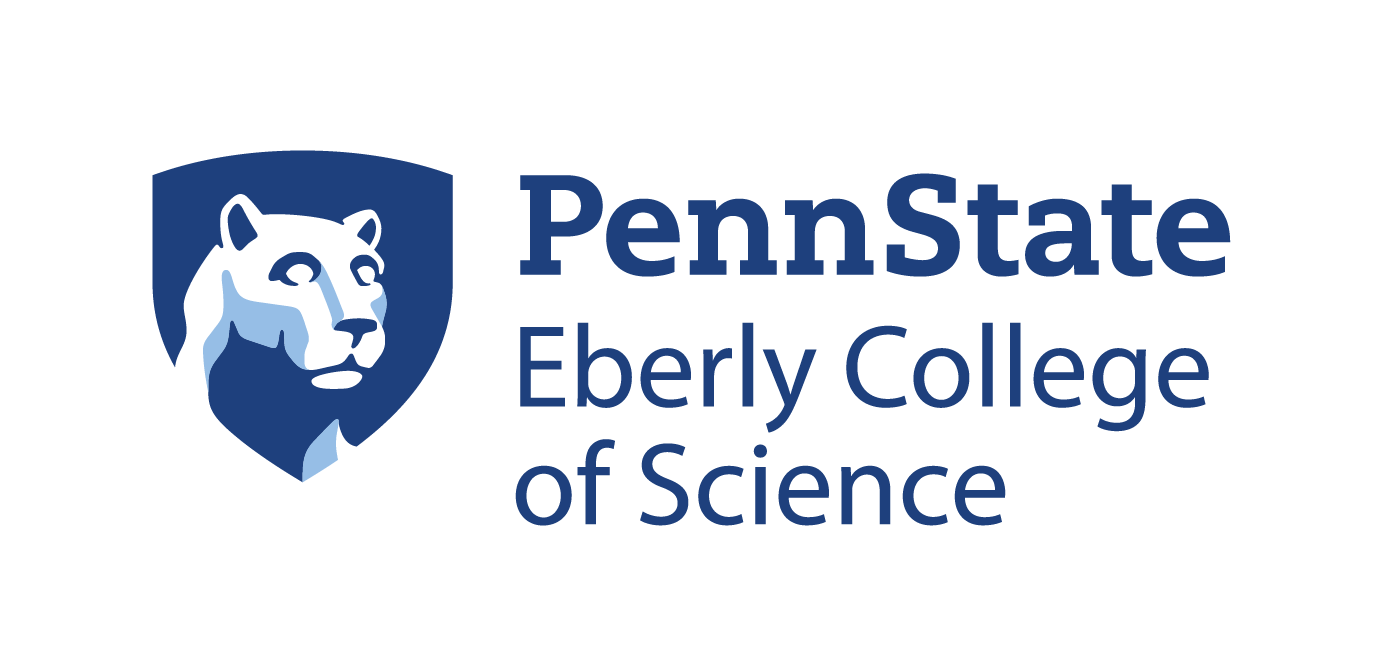What Is the 4C/ID Model?
The 4C/ID model breaks down educational programs into four essential components:
- Learning tasks. These form the core of the program. Students engage in real-world tasks, projects, and assignments. Whether it’s solving a case study or simulating workplace scenarios, these tasks build practical skills.
- Supportive information. Learners access background knowledge through textbooks, articles, and videos. This component ensures a solid foundation for tackling the tasks.
- Procedural information. Step-by-step procedures related to the tasks are provided. Think guidelines, rules, and best practices specific to the domain.
- Part-task practice. Learners practice sub-skills or components of the overall task. This targeted practice builds mastery.
For more information, please see this overview: “Blueprints for Complex Learning: The 4C/ID-Model”

Why Use 4c/ID?
There are several reasons to use the 4C/ID model:
- Complex skill development. The 4C/ID model aligns perfectly with the trend toward developing complex, transferable skills.
- Real-world application. It bridges the gap between classroom learning and real-world challenges, preparing students for success beyond academia.
- Twenty-first-century skills. By integrating supportive and procedural knowledge, it equips learners with the skills needed in today’s dynamic environment.
Impactful Research
- "Four-Component instructional Design (4C/ID) Model: A Meta-Analysis on Use and Effect"
- "Applying Four-Component Instructional Design (4C/ID) to the Master of Public Health"
- "Process Support in Learning Tasks for Acquiring Complex Cognitive Skills in the Domain of Law"






